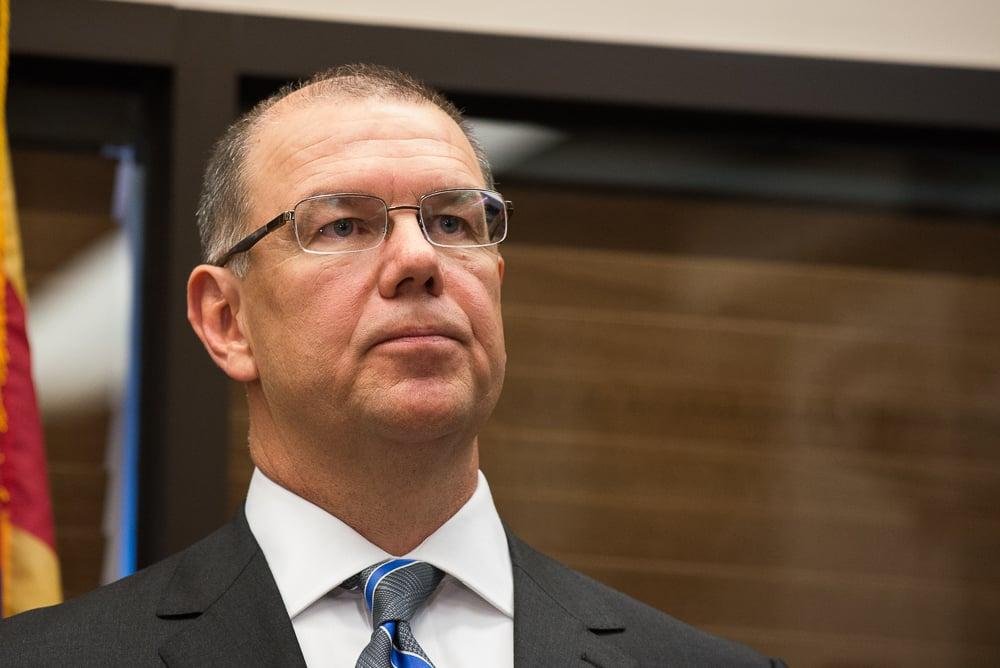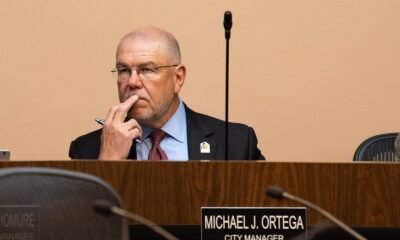arizona
Ortega’s Appointment Signals Tucson’s Last Chance to Commit to RTA Next

Tucson Faces Transportation Authority Challenges
The Regional Transportation Authority (RTA) Board is grappling with critical issues as it prepares to propose a renewed half-cent sales tax to fund road projects for the next two decades. Many residents are questioning how much burden they’re willing to shoulder for infrastructure improvements.
Recently appointed interim executive director, Mike Ortega, steps in following the board’s controversial firing of Farhad Moghimi. Mayor Regina Romero had previously expressed distrust towards Moghimi, which fueled his departure. Ortega, a former Tucson City Manager, is now tasked with steering the RTA through turbulent waters.
The original RTA was greenlit by voters in 2006, initiating a $2.1 billion investment plan. As the expiration date of the half-cent sales tax approaches, the board must finalize a new proposal to take to voters before Sept. 11 for a March election. Without a solid plan, time is running short.
Discontent has characterized the city’s relationship with the RTA. Tucson’s insistence on proportional representation in decision-making has led to ongoing tensions. Currently, Tucson holds just one vote on the RTA Board, despite being home to a significant portion of Pima County’s population.
Past interactions have seen the city voice concerns repeatedly, leading to attempts for compromise but with limited success. Recent negotiations suggested Tucson could receive a greater share of funds generated by the sales tax; however, critics argue that it still falls short given the city’s population and revenue contributions.
As Ortega steps into his role, he faces a pressing agenda. Key council members have outlined priorities that include re-engaging the RTA’s Technical Management Committee and addressing unfulfilled promises from the 2006 package. The previous shortfall in revenue complicates the prospect of new commitments, especially with voters cautious about trusting fresh proposals.
Despite the challenges ahead, the importance of a regional approach to transportation remains clear. Ortega’s prior experience in Cochise County could facilitate collaboration across various jurisdictions. Tucson’s council members recognize the value of a unified plan but are also tempted by the idea of pursuing an independent sales tax measure.
The stakes are high. Tucson aims to balance immediate transportation needs and longer-term regional goals. As discussions continue, the city must navigate these complexities to secure infrastructure improvements essential for the future.


















